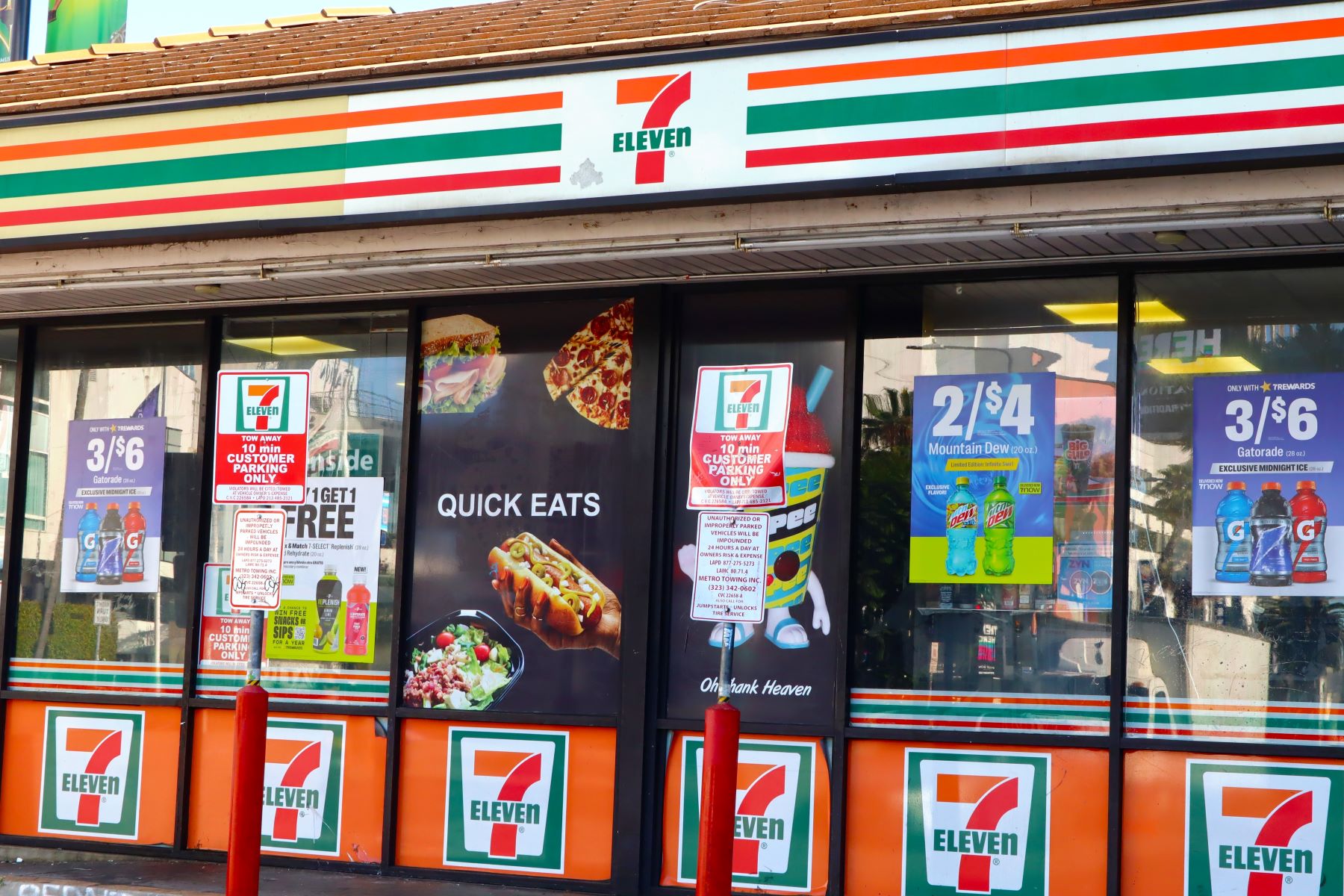Recent Developments in Convenience Store Industry
The convenience store sector has seen several significant developments recently. 7-Eleven’s parent company, Seven & i Holdings, has appointed its first U.S.-born CEO, Stephen Dacus, amid a potential $50 billion takeover by Couche-Tard. This leadership change was approved by shareholders alongside a new board of directors.

In other news, Circle K has opened an EV-only store, marking a significant shift in the industry’s approach to electric vehicle charging infrastructure. Amazon is also making changes to its grocery business, with plans to make Amazon Fresh and Whole Foods more similar.
The industry is also seeing advancements in digital media and advertising. 7-Eleven has partnered with UM to enhance its cross-channel media strategy, while GSTV aims to drive retail media growth under new ownership by MidOcean Partners. Additionally, bp pulse is set to install EV charging bays at Waffle House restaurants, further expanding EV charging infrastructure.
These developments highlight the evolving landscape of the convenience store industry, with a focus on electric vehicle charging, digital growth, and strategic partnerships.
Technology and Innovation
Several convenience store chains are investing heavily in technology and innovation. Roady’s Truck Stops has launched EV charging services, providing independent truck stop owners with hardware and turn-key solutions from XCharge North America. EG America has also made significant digital strides, launching a retail media network and a new loyalty app in 2025.
The industry is also seeing legal developments that could impact convenience retailers. Instacart is facing a trademark lawsuit over its Fizz app, while senators are pushing for a vote on swipe fee reform to provide relief to retailers.
These updates demonstrate the convenience store industry’s commitment to innovation and adaptation in a rapidly changing retail landscape.


